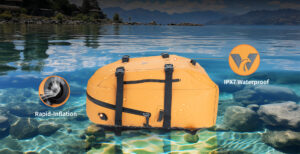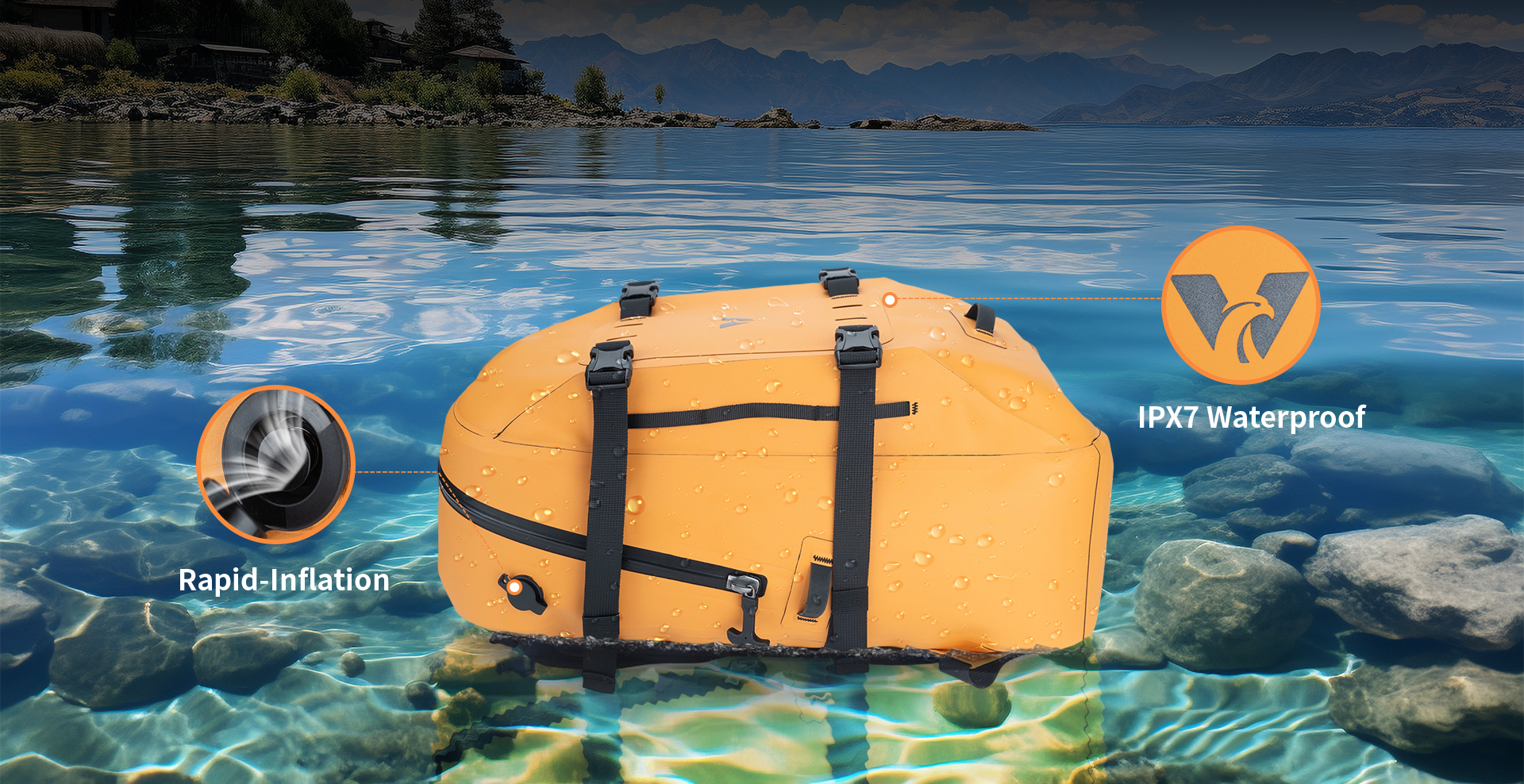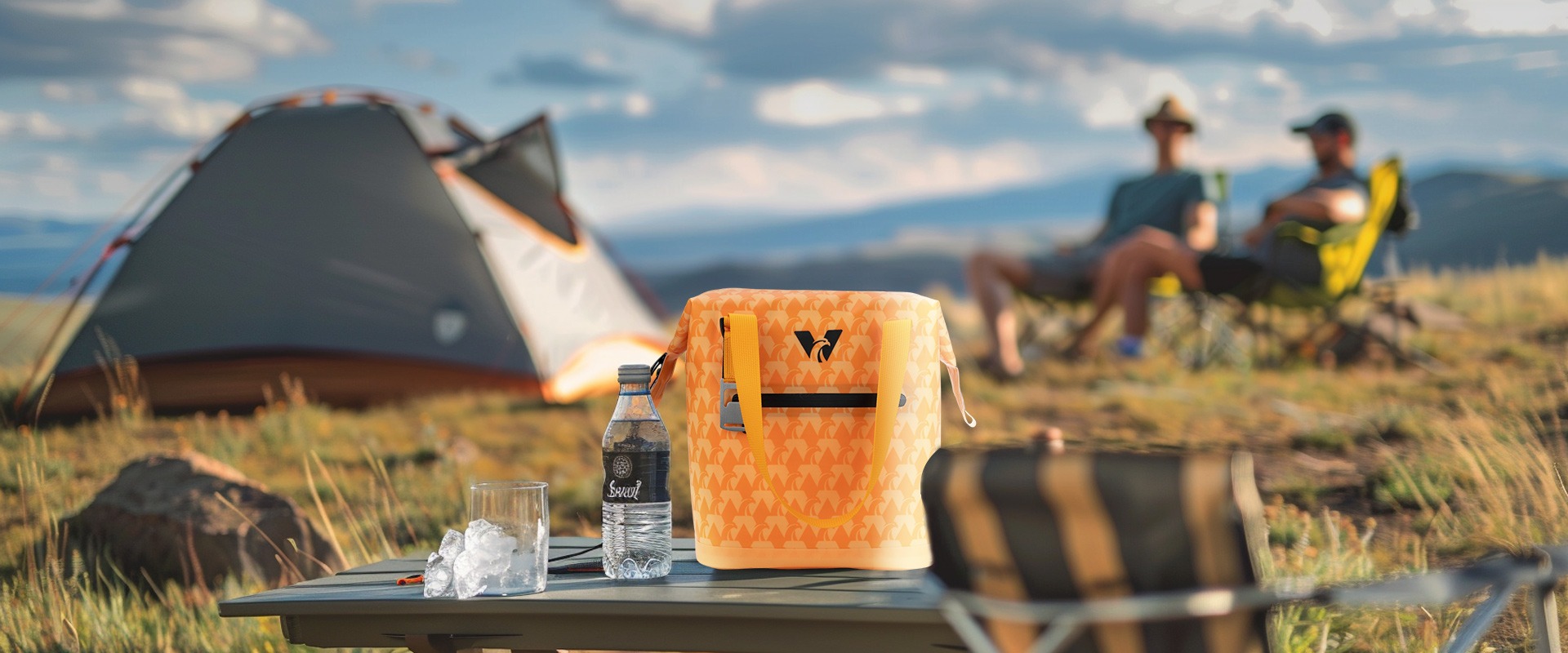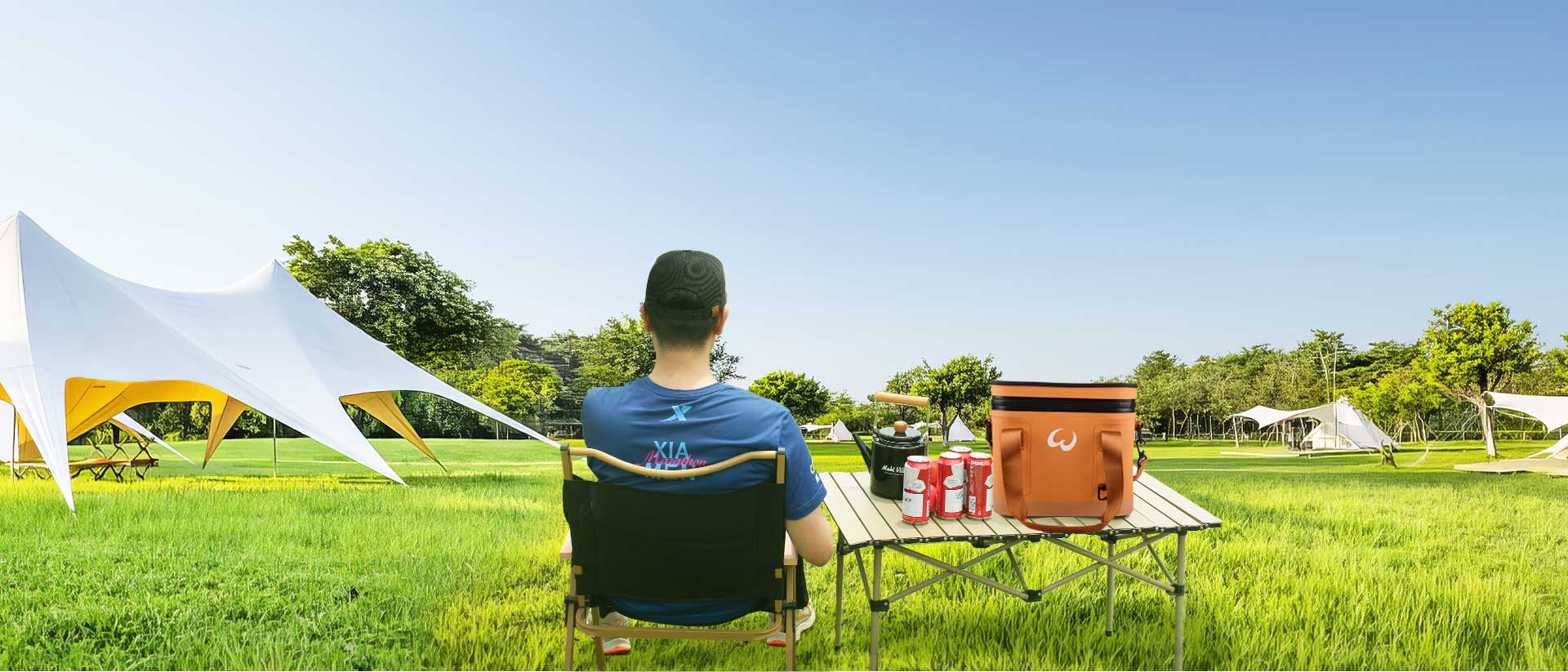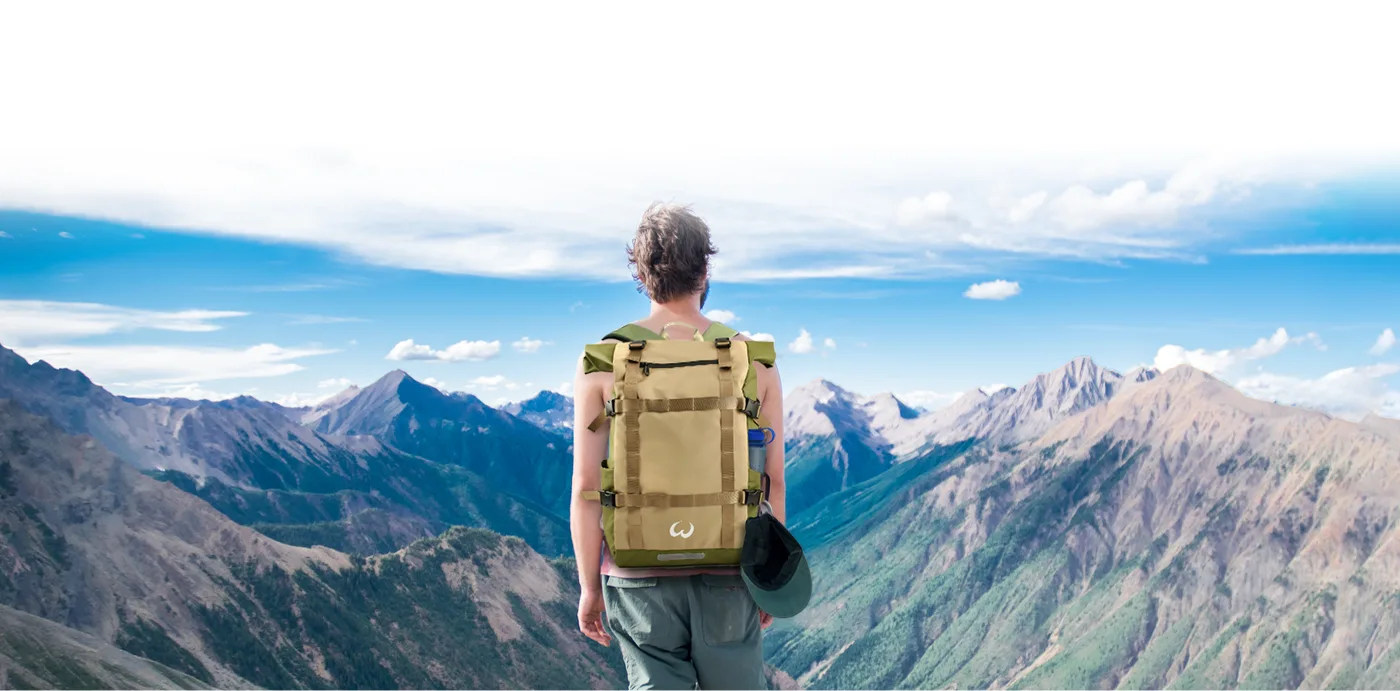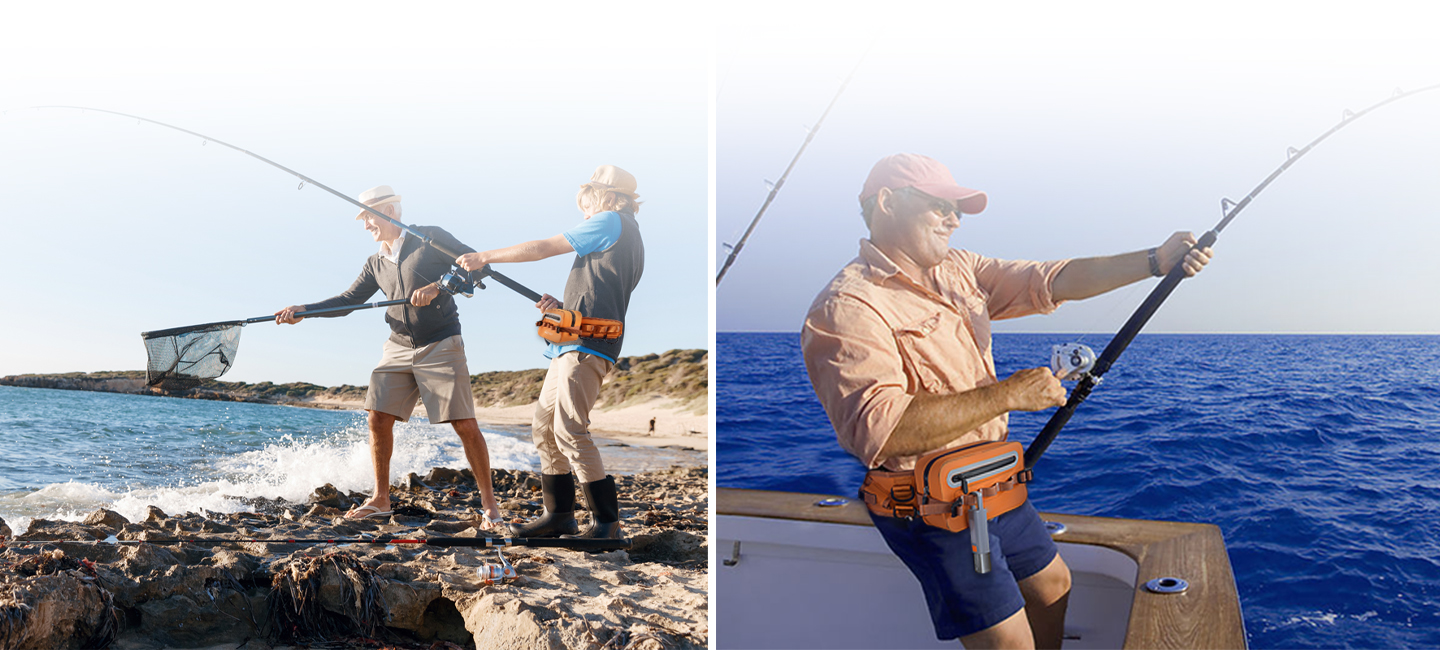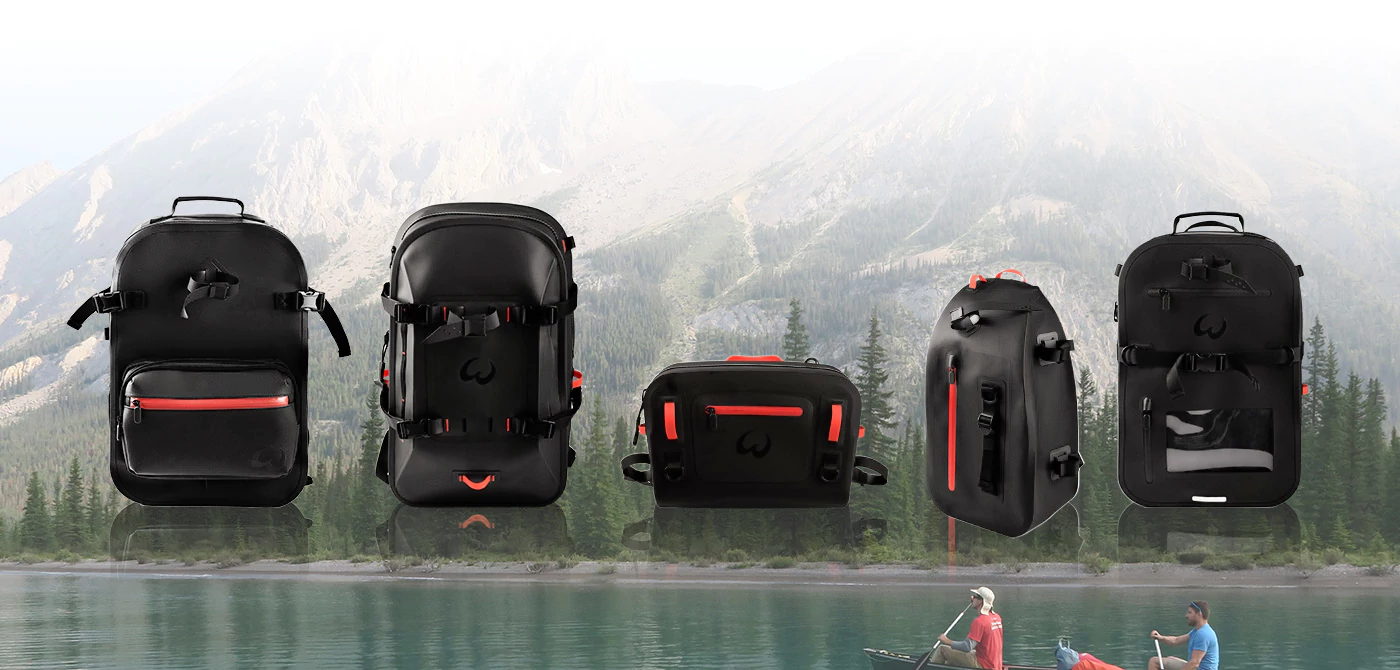For procurement managers and brand owners in the food service, retail, and e-commerce sectors, a takeaway bag bulk order is far more than a simple container. It’s a mobile billboard, a statement of your brand values, and a critical component of your supply chain logistics. The decision of where and how to source these bags directly impacts your brand perception, operational smoothness, and bottom line. This isn’t about finding a generic supplier; it’s about partnering with a manufacturer that understands the complexities of B2B demands. Companies like Weierken specialize in transforming this essential purchase from a routine task into a strategic advantage, focusing on customization, reliability, and scalability to meet the rigorous needs of business clients.
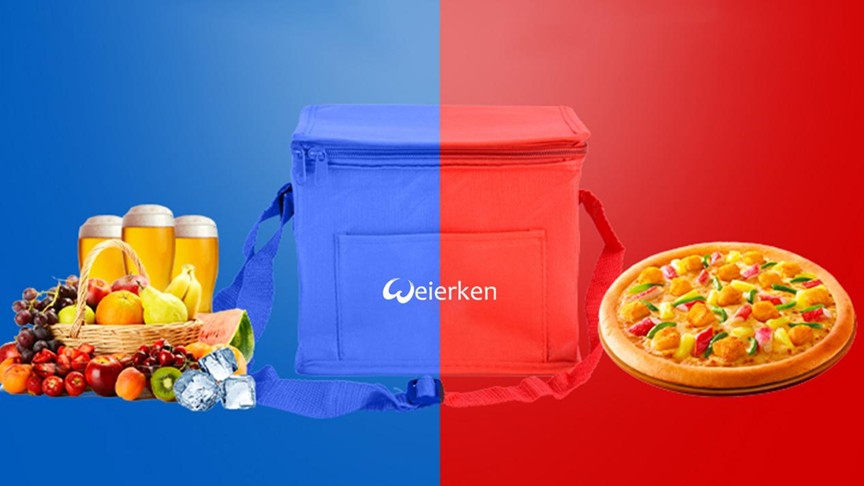
Key Considerations for Your Next Takeaway Bag Bulk Order
When evaluating suppliers for your bulk order of custom takeaway bags, several factors move beyond simple cost-per-unit calculations. A professional partner addresses the core challenges of procurement.
Addressing Core Pain Points in B2B Procurement
- Brand Consistency & Damage Control: Inconsistent printing, color mismatches, or flimsy handles lead to a poor customer experience and brand damage. A supplier must guarantee that every bag in a 50,000-unit bulk order matches your brand guidelines perfectly.
- Supply Chain Reliability: Late deliveries, especially during peak seasons like holidays or summer for restaurants, can bring operations to a halt. You need a partner with a proven track record of on-time delivery, not excuses.
- Cost-Effectiveness Beyond the Price Tag: While unit price is important, hidden costs from defects, the need for re-orders due to poor quality, or logistical delays can erode your initial savings. Total cost of ownership is the key metric.
The Non-Negotiables: R&D, OEM/ODM, and Prototyping
A true manufacturing partner offers more than just production lines.
- Market-Informed Design Support: They should provide insights into current market trends—what materials, handle types, and closure mechanisms are proving most durable and popular. This R&D capability ensures your bags are not only attractive but also functionally superior.
- Comprehensive OEM/ODM Services: Whether you have complete artwork ready for production (OEM) or need a supplier to develop a concept from scratch (ODM), the flexibility is crucial. This allows for truly custom takeaway bags that are unique to your brand.
- Rapid Prototyping and Iteration: Before committing to a full bulk order, the ability to request physical samples and refine them based on feedback is essential. This iterative process, supported by a capable supplier, ensures the final product meets all your specifications.
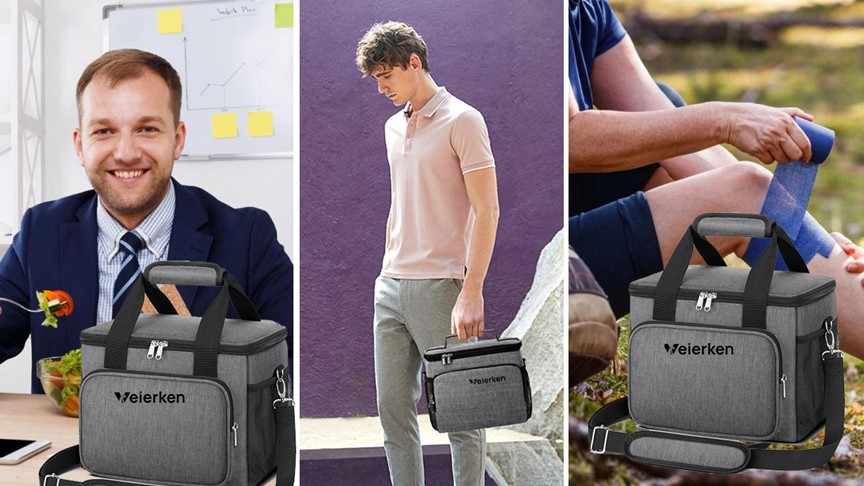
Ensuring Compliance and Future-Proofing Your Sourcing
In today’s global market, compliance and sustainability are not just buzzwords; they are business imperatives that affect your brand’s license to operate.
Navigating the Complexities of Material and Social Compliance
- Material Safety & Certifications: For food contact items, certifications like FDA compliance are mandatory. For broader market access, especially in Europe, understanding regulations like REACH is critical. These ensure the materials used are safe and legal.
- Social Accountability: An BSCI audit certification is a strong indicator of a manufacturer’s commitment to ethical and socially responsible production practices, which is increasingly important for corporate sourcing policies.
- Quality Management: A supplier with ISO 9001 certification demonstrates a systematic approach to quality management, leading to greater consistency and fewer defects in your orders.
The Strategic Shift Towards Sustainable Packaging
The demand for eco-friendly packaging is a dominant market trend that you cannot ignore. A forward-thinking supplier will be ahead of this curve.
- GRS-Certified Materials: The Global Recycled Standard (GRS) certifies the post-consumer recycled content in products. Sourcing RPET (Recycled Polyethylene Terephthalate) bags with GRS certification provides verifiable proof of your commitment to sustainability, a powerful marketing tool.
- Sustainable Trends: Beyond RPET, a partner like Weierken can guide you on the viability of other materials like PLA (polylactic acid) or compostable options, helping you make an informed decision that aligns with your brand’s environmental goals.
From Quote to Delivery: Managing Timelines and Expectations
A transparent and reliable production timeline is a cornerstone of any successful B2B partnership.
- Understanding Lead Times: A standard delivery cycle for a customized takeaway bag bulk order typically ranges from 25 to 65 days. This varies based on order complexity, quantity, and material availability.
- Capacity and Peak Season Planning: A reputable manufacturer will clearly communicate their capacity and have robust plans for managing peak season replenishment orders. This is where Weierken’s production scalability becomes critical, ensuring your business isn’t left waiting during crucial sales periods.
- Clear Communication: Expect regular updates throughout the production process, from material sourcing to production and shipping, so you can plan your inventory and marketing campaigns accordingly.
Partnering for a Cohesive Brand Experience
Your choice of a takeaway bag supplier is a strategic decision that reverberates through your marketing, operations, and corporate responsibility profiles. It demands a partner that combines professional OEM/ODM services with robust R&D capabilities, unwavering commitment to environmental compliance, and the logistical muscle to guarantee reliable delivery cycles. By focusing on these elements, you transform a simple procurement item into a tangible asset for your brand.
Frequently Asked Questions (FAQ) for Your Takeaway Bag Bulk Order
Q1: What is the typical Minimum Order Quantity (MOQ) for a custom takeaway bag bulk order?
A1: MOQs can vary significantly based on the material, size, and customization complexity. For standard customizations, MOQs often start around 5,000 to 10,000 pieces. It’s best to discuss your specific project requirements with a sales representative at Weierken to get a precise MOQ.
Q2: How detailed does my design file need to be for production?
A2: For the most accurate results, vector files (such as .AI or .EPS) with outlined fonts are required. High-resolution PDFs can also be acceptable. Your supplier should provide a comprehensive artwork guideline to ensure your branding is reproduced perfectly on the final custom takeaway bags.
Q3: Can you accommodate urgent orders with a delivery time shorter than 25 days?
A3: Expedited production is sometimes possible, depending on current factory capacity and the order specifications. This often incurs a rush fee. It’s vital to communicate your timeline as early as possible. For peak season replenishment, planning ahead with your supplier is the most reliable strategy.
Q4: What is the practical difference between RPET and regular PET bags?
A4: RPET bags are made from recycled post-consumer plastic, such as water bottles, reducing waste and conserving resources. Regular PET is made from virgin plastic. RPET bags offer the same durability while providing a verified sustainability story for your brand, especially when backed by GRS certification.
Q5: Beyond the bag itself, what supporting documents can you provide with our shipment?
A5: A professional supplier will provide all necessary documentation to ensure smooth customs clearance and verify compliance. This includes a commercial invoice, packing list, certificate of origin, and, upon request, copies of relevant certifications like ISO 9001, BSCI, FDA compliance statements, or GRS transaction certificates.
